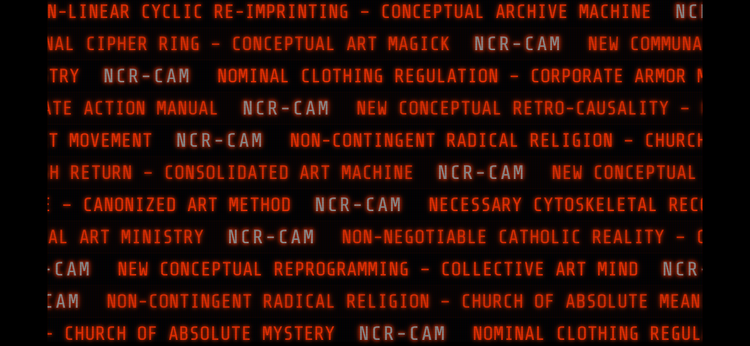Voting against.

Voting behavior is a complex interplay of psychological, social, economic, and cultural factors. People may sometimes vote in ways that appear to go against their own interests or those of their family and friends for several reasons:
1. Misinformation and Propaganda: Exposure to misleading or false information can significantly influence perceptions and decisions. Media outlets or social platforms may spread narratives that align with certain agendas, causing individuals to support policies or leaders that may not benefit them.
2. Identity Politics: Individuals often align with groups that reflect their identity—be it based on race, religion, region, or ideology. This group affiliation can override personal interests, leading people to support positions that favor their group identity over individual benefits.
3. Emotional Appeals: Charismatic leaders and persuasive rhetoric can tap into emotions like fear, anger, or hope. Emotional engagement can sometimes overshadow logical assessment, leading individuals to support candidates who may not align with their best interests.
4. Perceived Long-term Benefits: Voters might support policies that they believe will yield long-term advantages, even if they face short-term disadvantages. They may prioritize future gains for themselves or society over immediate benefits.
5. Social Pressure and Conformity: The desire to fit in with a community or social circle can influence voting behavior. Peer pressure or the influence of trusted community leaders can sway individuals to adopt certain views.
6. Distrust in Established Institutions: Disillusionment with traditional political systems or leaders can make alternative or radical options more appealing, even if they carry risks or uncertainties.
7. Economic Insecurity and Populism: During times of economic hardship, people may gravitate toward leaders who promise swift and decisive action, even if those solutions are overly simplistic or unrealistic.
8. Cognitive Biases: Psychological tendencies like confirmation bias (favoring information that confirms existing beliefs) can reinforce certain viewpoints and make individuals resistant to contradictory evidence.
9. Complexity of Issues: Political and social issues are often intricate and multifaceted. Limited understanding can lead people to make decisions based on incomplete or oversimplified information.
10. Echo Chambers and Filter Bubbles: Algorithms on social media and online platforms can create environments where individuals are exposed only to information that aligns with their existing beliefs, reinforcing specific narratives.
11. Cultural and Educational Factors: Levels of education and cultural background can affect how individuals process information and perceive political messages.
12. Fear and Uncertainty: In times of crisis or rapid change, fear can drive people to seek strong leadership or simple solutions, even if they may not be in their best interest.
Understanding these factors highlights the importance of promoting media literacy, encouraging critical thinking, and fostering open dialogues. By addressing the underlying causes that lead people to vote against their own interests, societies can work toward more informed and representative decision-making processes.






Member discussion